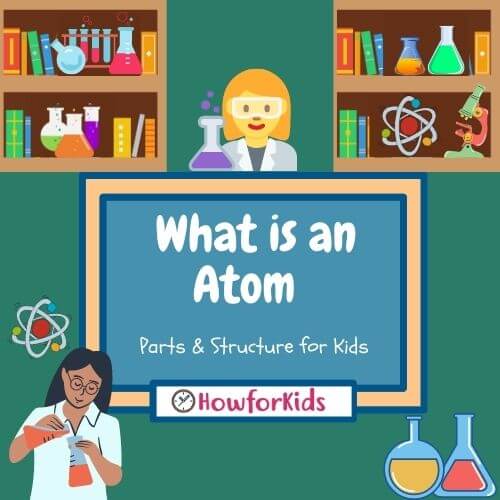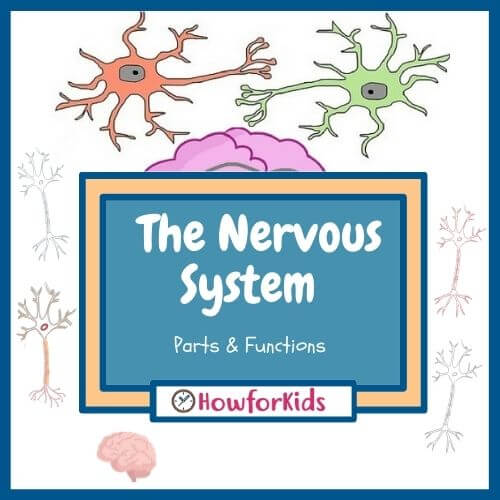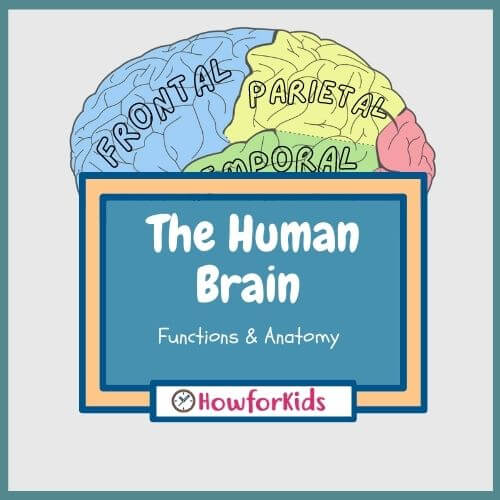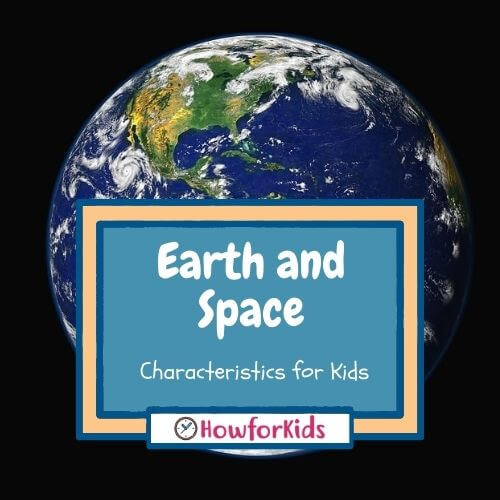Digestive System: [Parts and Functions]

The digestive system is a set of organs located one after the other in charge of the digestion process.





Frida Kahlo was one of the most famous Mexican artists of the 1900s. She was especially recognized for her disturbing style and her many smileless self-portraits. She often included skulls, daggers, and bleeding hearts in her paintings. Who was Frida…


The brain is a complex organ located inside our head. More accurately, when we speak of the brain, we are referring to the encephalon. So, what is the human brain? Human Brain: Functions and Anatomy Learn about the most complex…

